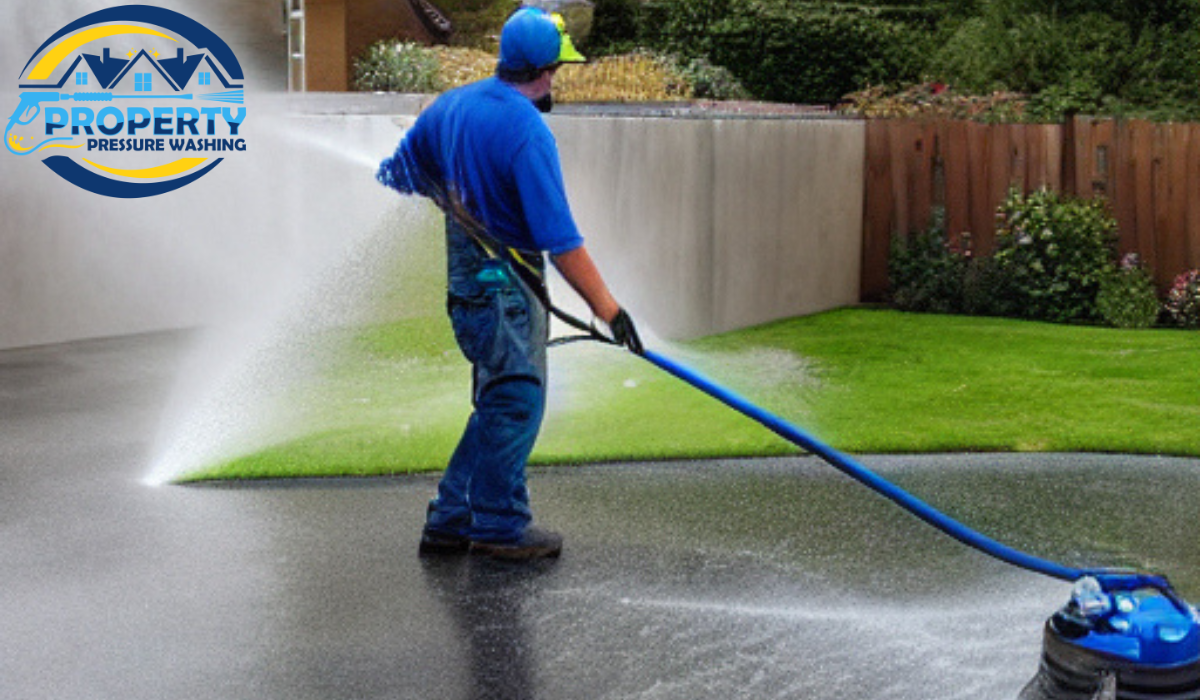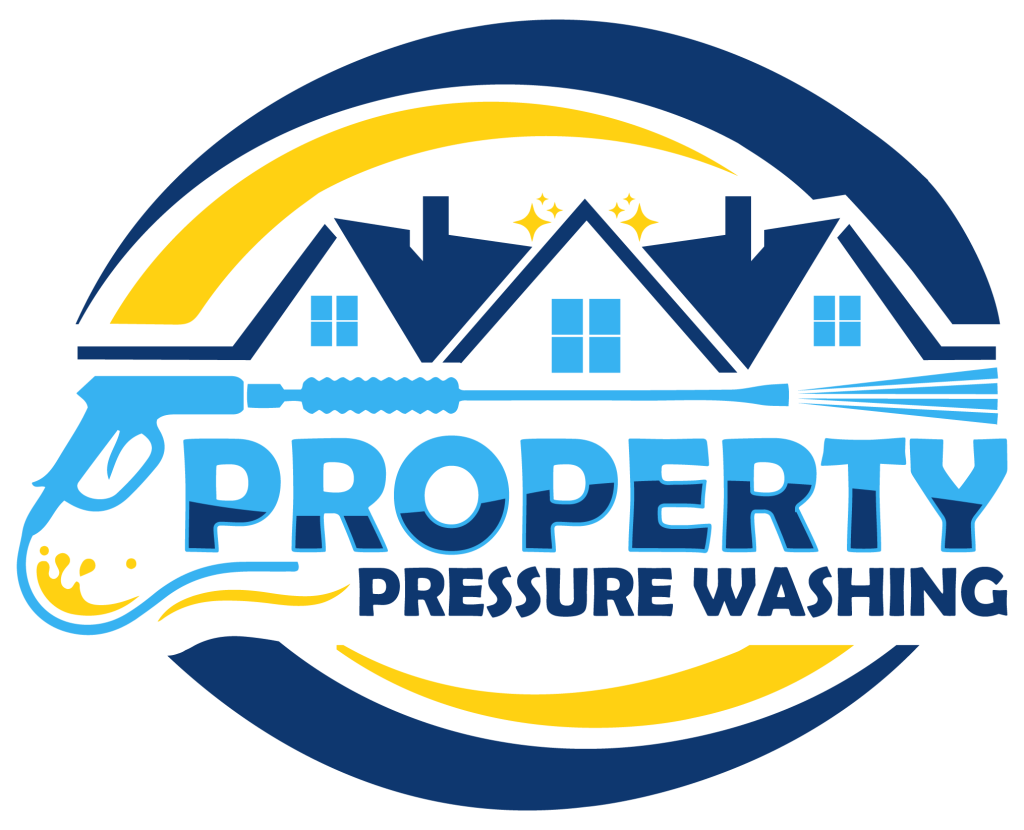10 Fascinating Facts About Surface Cleaner Pressure Washers You Need to Know
Anyone who cleans concrete has required a pressure washer surface cleaner. They may speed up your job and make the finished result more polished. We receive a lot of inquiries concerning the many options available for pressure washer surface cleansers. Will you be able to clean more quickly with a huge pressure washer surface cleaner? Which nozzle sizes are appropriate? What leads to friction and vibration, and how may such problems be resolved? Are floaters better than wheels This comprehensive guide will uncover 10 fascinating facts about pressure washer surface cleaner to help you make the most of them.
What Is a Surface Cleaner Pressure Washer?
A surface cleaner pressure washer is a specialized attachment designed to clean flat surfaces efficiently. Unlike traditional nozzles, these devices feature spinning jets that create a uniform cleaning path. This ensures streak-free results in a fraction of the time it would take with a standard pressure washer wand.
Types of Surface Pressure Washer
- Electric-powered pressure washers: Ideal for light-duty cleaning tasks.
- Gas-powered pressure washers: Perfect for heavy-duty jobs with higher PSI (pounds per square inch).
Whether you’re cleaning a residential driveway or a large commercial space, surface cleaners make the job significantly easier.
Also read: How to use pressure washer surface cleaner?
Pressure Washer Surface Cleaner Facts To Know

1. What size pressure washer surface cleaner is right for me?
When choosing a surface cleaner for power washers, bigger isn’t always better. A common mistake is pairing a 36-inch cleaner with a 3 GPM machine. It’s like using a tiny motor to power a giant lawnmower blade—slow and underpowered. The size of your pressure washer’s engine determines how much water and pressure it can handle. These combine to spin the cleaner’s spray bar, which removes dirt from surfaces.
A smaller surface cleaner for power washers may cover a narrower area but lets you move faster and more efficiently. They’re also lighter and easier to maneuver. If you see spiral patterns on the cleaned surface, you’re likely moving too fast.
The swivel is the most critical part of the cleaner. It must spin rapidly with minimal friction. High-quality swivels are made of stainless steel and have durable bearings and seals. Ensure the swivel matches your washer’s specs, including pressure, flow rate, and temperature.
Avoid using strong cleaners like Clearly Clean X-Treme with surface cleaners. These can damage internal parts and reduce performance. Stick to proper maintenance and compatible cleaning solutions for the best results.
2. What causes vibration in my pressure washer surface cleaner?
4. Should I buy a pressure washer surface cleaner with wheels or without?
Wheels or casters on pressure washer surface cleaners can help reduce fatigue but may cause issues on uneven surfaces. A floater, which uses water pressure to hover above the ground, can sometimes work faster since it avoids getting stuck like wheeled cleaners.
The housing covering the spinning spray bar is typically made from ABS plastic, aluminum, or steel. While steel is durable, it’s also heavy. Lightweight floaters, like the Whisper Wash Classic, use ABS plastic, which is surprisingly tough — the same material used for Lego blocks, known for their strength.
Some surface cleaners include recovery ports to manage water run-off. These connect to a vacuum system that sucks up water as you clean. For effective operation, the brush rim and deck height must be maintained for a proper seal.
However, vacuum-compatible models require wheels, which can struggle on rough terrain, and the attached vacuum hose can limit range and add weight, causing fatigue. While vacuum recovery cleaners help meet environmental regulations, consider these factors before investing.
5. Quality And Construction Of A Surface Cleaner Pressure Washer
The quality and design of surface cleaners vary from consumer-grade to professional-grade. Their housings are usually made from materials like heavy-duty plastic, stainless steel, or aluminum, each offering unique advantages.
The best choice for you depends on how often and where you plan to use the surface cleaner. If you need it for frequent use, opting for higher-quality materials and durable components is a smart choice to ensure long-lasting performance.
On the other hand, occasional use might not require heavy-duty construction. Additionally, your budget plays a crucial role in deciding which option works best for you. By balancing your needs with your budget, you can find a surface cleaner that is both efficient and cost-effective.
6. Temperature And Mobility Of A Surface Cleaner Pressure Washer
If you own a hot water pressure washer and want to make the most of hot water cleaning for your surface cleaning tasks, it’s important to choose a surface cleaner designed for hot water use.
Using a surface cleaner might seem difficult at first, but it’s actually easier than you think. Larger surface cleaners often come with casters, which help you move them quickly and with less effort. However, one drawback is that the casters can get stuck in cracks or on uneven surfaces. Alternatively, there are surface cleaners without casters, known as floaters, which glide smoothly over surfaces, making them easier to move.
No matter the style or features you choose, a surface cleaner will significantly reduce the time and effort required to clean a variety of surfaces, making your cleaning jobs faster and more efficient.
7. Pro Tips to Maximize Your Surface Cleaner’s Performance
Choosing the Right PSI and GPM
To achieve the best cleaning results, it’s important to select a pressure washer with the right PSI (pounds per square inch) and GPM (gallons per minute) ratings. These ratings determine the power and water flow, which are crucial for effective cleaning. Here’s a quick guide to help:
- Light cleaning tasks: Use a pressure washer with a PSI between 2000 and 2500.
- Heavy-duty cleaning: For tougher jobs, a PSI of 3000 or higher is recommended.
Regular Maintenance is Essential
Taking care of your pressure washer can help extend the life of your surface cleaner. Regular maintenance includes:
- Cleaning the nozzles to prevent blockages.
- Checking for damage on spinning jets.
- Storing the unit in a dry, safe place to prevent rust and wear.
By following these simple tips, your pressure washer will continue to perform at its best for a longer time.
8. Key Features That Make Surface Cleaners Stand Out
One of the key advantages of surface cleaner pressure washers is their ability to deliver a smooth, streak-free finish. This is thanks to the rotating jets that evenly distribute water across the surface, ensuring there are no uneven pressure marks left behind.
These surface cleaners are often compatible with most pressure washers, which makes them a highly versatile tool. Whether you have an electric or gas-powered pressure washer, there’s a surface cleaner designed to fit your needs.
Using a surface cleaner can greatly reduce the time it takes to complete your cleaning tasks—often cutting the job in half. In addition, they are designed to use water more efficiently, helping to minimize waste. This means not only will your cleaning be faster, but you’ll also be using less water, making it a more eco-friendly option. With its effective design, a surface cleaner offers a convenient and sustainable way to clean large areas.
9. Misconceptions About Surface Cleaner Pressure Washers
Although some premium models can be quite expensive, there are plenty of affordable options that deliver great performance. With a bit of research, you can find a budget-friendly surface cleaner that doesn’t compromise on quality. Many people mistakenly believe that only high-end models can handle tough cleaning jobs.
However, surface cleaners are actually very effective at removing even the most stubborn stains, grease, and grime. When used with a pressure washer that has a high PSI (pounds per square inch), these cleaners can make quick work of even the dirtiest surfaces. So, you don’t have to spend a lot to get a reliable and powerful cleaner for your needs.
10. Do’s And Don’ts Of Pressure Washer Surface Cleaners
The following dos and don’ts should be kept in mind while using a high-quality pressure washer and pressure washer surface cleaning for the first time.
Do’s
- You should only purchase branded surface cleaning for pressure washers.
- Purchase only the cleaning supplies that are advised for the kind of surface you plan to spray.
- To ensure your safety when using a pressure washer surface cleaner or operating pressure washer equipment, put on protective gloves, clothes, eye protection, and shoes.
- To prevent mishaps or injuries, read the safety instructions and cautions before using pressure washer equipment and surface cleaning.
- Allow a professional to operate your pressure washer for the first time so you can learn from them if you are prone to mishaps.
Don’ts
- When utilizing pressure washer equipment or near surface cleaning, keep children and pets away.
- When spraying, avoid standing too near to the machine.
- Avoid purchasing the incorrect pressure washer surface cleaner for your equipment. Always make sure it’s compatible.
You will love to read: 30 Essential Tips for Pressure Washing In Cold Weather
See For Yourself How Well Our Surface Cleaners Work With a Pressure Washer!
For many years and counting, propertypressurewash has been the top option in the USA for all things chemical cleaning. We always surpass our clients’ expectations by providing top-notch goods at affordable costs along with outstanding assistance at every stage.
To improve your cleaning routine, read more about our selection of pressure washers and surface cleaners below. Additionally, we’ll offer advice on how to get the most out of pressure washer surface cleaners.
A pressure washer surface cleaner is an essential tool for anybody who cleans roads, parking lots, dumpster pads, drive-thrus, patios, or sidewalks. You’ll question how you managed to survive without one after you’ve had one. Finish your homework.
Find out what characteristics you require. Aim for quality and prepare to have a few replacement components on hand for last-minute fixes. For more inquiries concerning pressure washer surface cleaning, contact our professionals at (786) 759-1844.
FAQs: Facts about surface cleaner pressure washer
We have created this FAQs sections to answer some of your questions related to Surface Cleaner Pressure Washers. However if you have any other queries or questions in your mind, then don’t forget to use our contact us page.
Do surface cleaners for pressure washers work?
When cleaning driveways, pool decks, patios, greasy factory floors, gas stations, parking lots, garages, and more, surface cleaners are a great way to save time and effort. They attach directly to your pressure washer, enabling you to quickly clean a variety of surfaces, from concrete to asphalt.
What size pressure washer is best for surface cleaner?
Generally speaking, a surface cleaner attachment cannot be used with a pressure washer that is smaller (2 to 3 GPM). It is advised to use a 4 GPM machine with a 12″ to 20″ surface cleaner. Oversizing to a bigger Surface Cleaner allows you to add what’s called striping or shadowing.
What chemicals are best to clean washer?
For a front-load washer, combine 2 teaspoons of borax or oxygen bleach and 2 tablespoons of washing soda in the tub. For a top-loading machine, add 1/2 cup each of the powder to the washing tub. Run at the highest temperature or use the washer’s “clean tub” setting.
What is the best cleaning solution to use in a pressure washer?
MOLD ARMOR E-Z Siding & House Wash Pressure Washer Concentrate effectively removes dirt, grime, and algae stains while also killing mold and mildew at the root. IMPROVE YOUR CLEANING: This Mold Armor concentration boosts pressure washer performance by cleaning and whitening your surface in minutes.
Is surface cleaner worth it?
Yes, surface cleansers are well worth it! Every expert I know is now using them. They significantly reduced the time it takes. However, there are a few concerns. For a large surface cleaner, you will need a more powerful professional equipment, which will be gas powered.
